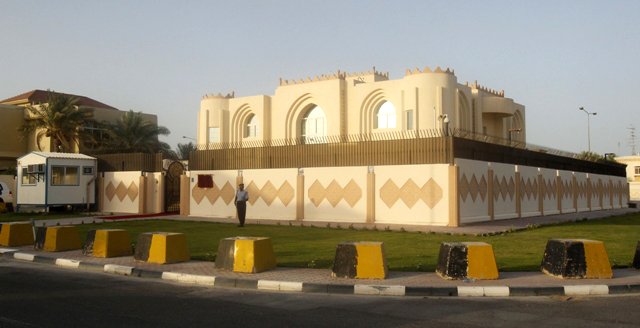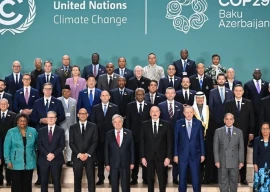
Earlier this week, Qatar reportedly agreed to extend monitoring and travel restrictions on the five Taliban detainees in the wake of discussions with the US officials after their house arrest ended on May 31. The Taliban leaders include former Interior Minister, Mullah Khairullah Khairkhaw, the Taliban's former national security deputy; Mullah Noorullah Noori, the Taliban's former deputy minister of interior; Mullah Abdul Haq Wasiq, the frmer deputy defense minister Mullah Fazil Mazloom; and a senior Taliban leader Mohammad Nabi Omari.
The Afghan Foreign Ministry had hailed the continuation of travel curbs, saying it would help the current security situation in Afghanistan.
Taliban spokesperson Qari Muhammad Yousaf, though, was opposed to any restrictions on the leaders' movements.
"The freed leaders will live as free men anywhere the Islamic Emirate consider suitable for them," the Taliban spokesperson said in a statement.
He termed as 'false' media reports that said restrictions had been extended.
"The Islamic Emirate will consider any further curbs on the former Guantanamo inmates as violation of the international laws and contrary to the agreement," he warned.
The Taliban had earlier indicated that the ex-Guantanamo inmates would be involved in the peace process, with their families having already traveled to Qatar.
Reports, however, suggest that the Afghan government was also consulted before restrictions were extended for indefinite period.
Foreign Ministry Spokesperson Ahmad Shekeb Mostaghni told journalists at a weekly briefing in Kabul that the US and Qatar had agreed to extend the house arrest to make sure that the five leaders do not not turn into threats to Afghanistan's national security. The second deputy Senate Speaker Dr Asef Sediqi told the Afghan state TV that Afghans would be against the release if it meant the leaders would return to the battlefield.
However, some members of the Kabul-backed Afghan High Peace Council (HPC) want the Taliban leaders to return to to Afghanistan as they believe they can help in the reconciliation process.
"They will have the freedom to help strengthen the peace process," the HPC international relations' in-charge told an Afghan television this week.
They were under surveillance in Qatar for a year, but the US Congress, Department of State and the Central Intelligence Agency had all expressed concerns over their release, fearing they may create military headaches for America.
Justice, not house arrest
As Afghan President Ashraf Ghani heads to Qatar, one school of thought in Kabul is against the extension of the travel ban.
Senate Speaker Fazl Hadi Mislimyar has urged the government to bring the Taliban leaders back to Kabul and put them on trial. If found guilty, they should be freed. But if they are cleared by the courts, they could live in peace in Afghanistan.









1731325890-0/trump-(24)1731325890-0-270x192.webp)







COMMENTS
Comments are moderated and generally will be posted if they are on-topic and not abusive.
For more information, please see our Comments FAQ